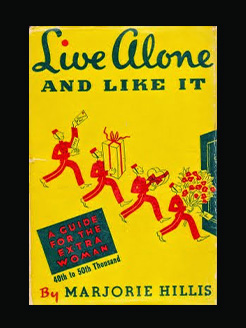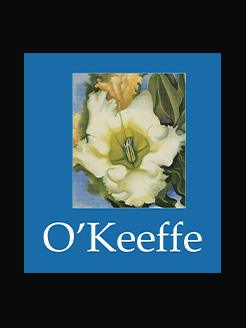Published in 2023
11 hours
Theresa Runstedtler is a scholar of African American history whose research examines Black popular culture, with a particular focus on the intersection of race, masculinity, labor, and sport. She is the author of Jack Johnson, Rebel Sojourner: Boxing in the Shadow of the Global Color Line (UC Press, 2012), a book that explores the first African American world heavyweight champion’s legacy as a Black sporting hero and international anticolonial icon. Her book won the 2013 Phillis Wheatley Book Prize from the Northeast Black Studies Association. Dr. Runstedtler has also published scholarly work in the Radical History Review, the Journal of World History, American Studies, the Journal of American Ethnic History, the Journal of Sport and Social Issues, and the Journal of Women’s History, and book chapters in Escape from New York: The New Negro Renaissance Beyond Harlem, and In the Game: Race, Identity, and Sports in the Twentieth Century. She is a professor at American University and lives in Baltimore with her husband and son.
What is this book about?
A vital narrative history of 1970s pro basketball, and the Black players who shaped the NBA
Against a backdrop of ongoing resistance to racial desegregation and strident calls for Black Power, the NBA in the 1970s embodied the nation’s imagined descent into disorder. A new generation of Black players entered the league then, among them Kareem Abdul-Jabbar and Spencer Haywood, and the press and public were quick to blame this cohort for the supposed decline of pro basketball, citing drugs, violence, and greed. Basketball became a symbol for post-civil rights America: the rules had changed, allowing more Black people onto the playing field, and now they were ruining everything.
Enter Black Ball, a gripping history and corrective in which scholar Theresa Runstedtler expertly rewrites basketball’s “Dark Ages.” Weaving together a deep knowledge of the game with incisive social analysis, Runstedtler argues that this much-maligned period was pivotal to the rise of the modern-day NBA. Black players introduced an improvisational style derived from the playground courts of their neighborhoods. They also challenged the team owners’ autocratic power, garnering higher salaries and increased agency. Their skills, style, and savvy laid the foundation for the global popularity and profitability of the league we know today.







